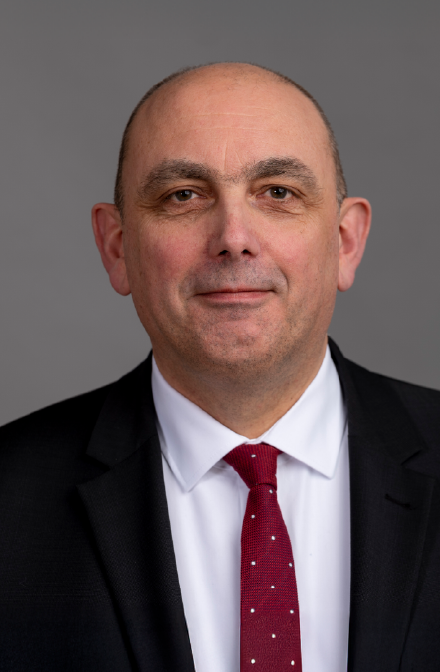Naomi Allen is Chief Scientist for UK Biobank and Professor of Epidemiology at the Nuffield Department of Population Health, University of Oxford, UK.
Naomi joined the UK Biobank in 2011 as Senior Epidemiologist and in 2019 became Chief Scientist. She is responsible for coordinating the linkage of routine electronic health-related records into the study for long-term follow-up and for helping to define the scientific strategy for the introduction of new enhancements.
She has co-authored over 350 publications and has a keen research interest in the role of diet, adiposity, hormones and other biomarkers on cancer risk using large-scale prospective cohort data.
Contact details: Naomi.allen@ndph.ox.ac.uk
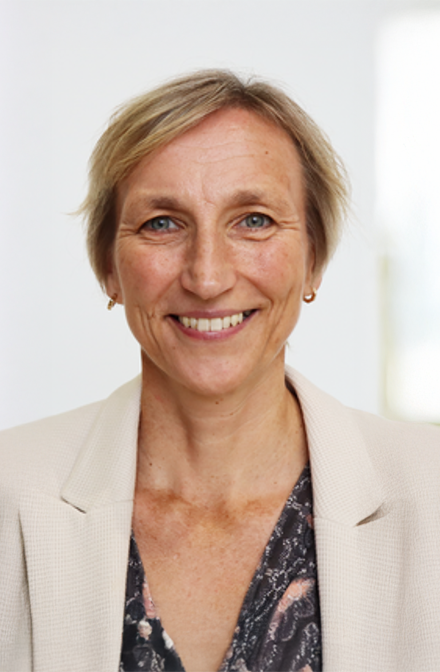
Sarah C. Hull, MD, MBE is a board-certified cardiologist and an Associate Professor at Yale School of Medicine. She graduated magna cum laude from Harvard University with an AB in Biochemical Sciences and a French Language Citation in 2003. She went on to receive her MD along with a Master of Bioethics at the University of Pennsylvania in 2008, where she stayed to complete her residency in internal medicine in 2011.
She came to Yale for cardiology fellowship training and subsequently joined the faculty after graduating in 2014. Dr. Hull is the cardiology course director at Yale School of Medicine where she also serves as Associate Director of the Program for Biomedical Ethics. She was awarded the Bohmfalk Prize for teaching in basic sciences in 2021.
Her clinical practice is focused on echocardiography and cardio-oncology (cardiac care of cancer patients). Her recent scholarly work has focused on ethical issues involving ventricular assist devices as destination therapy, ethical considerations in the care of patients with recurrent injection drug use related endocarditis, shared decision making in cardio-oncology, nutrition ethics, and ethical implications of deploying artificial intelligence in clinical practice.
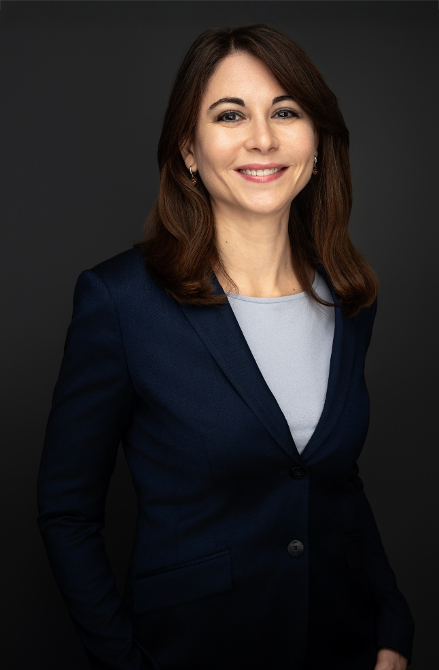
Prof. Dr. Martin Lercher is Head of the Computational Cell Biology group at Heinrich Heine University Düsseldorf. His research group investigates the design principles of complex biological systems, using computational modeling and large-scale data analysis to uncover fundamental rules that govern cellular metabolism and its evolution. His current ERC-funded project, MechSys, focuses on modeling how plants adapt metabolically to changing environmental conditions through mechanistic systems approaches.
Beyond his core research, Prof. Lercher is a strong advocate for scientific creativity. In collaboration with Itai Yanai, he developed the concept of Night Science – the intuitive, exploratory side of research that contrasts with hypothesis-driven “day science.” Together, they have published widely on the topic in journals such as Genome Biology and Nature Biotechnology, and co-host the Night Science Podcast. Their work highlights the importance of fostering creativity as a learnable and essential component of the scientific process- one that is often overlooked in formal training.
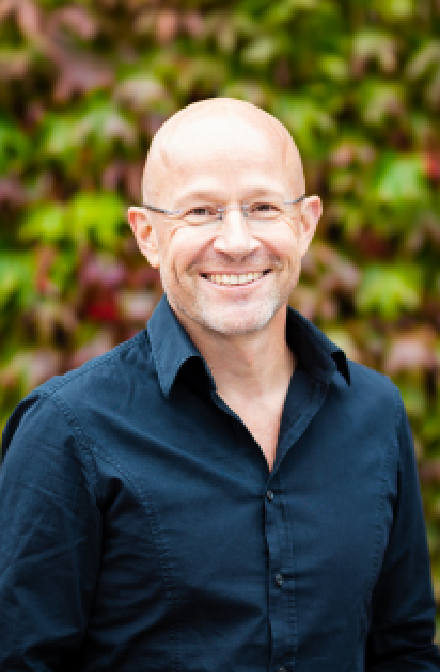
Charles F. Manski is Board of Trustees Professor of Economics at Northwestern University, where he has served since 1997. He previously held faculty positions at the University of Wisconsin–Madison, the Hebrew University of Jerusalem, and Carnegie Mellon University.
Professor Manski’s research spans econometrics, judgment and decision, and the analysis of public policy. He is renowned for developing the theory of partial identification, a groundbreaking framework for conducting inference with incomplete data and knowledge. This work provides credible foundations for decision-making under uncertainty. His seminal research is detailed in numerous influential books, including Partial Identification of Probability Distributions (2003), Identification for Prediction and Decision (2007), and Public Policy in an Uncertain World (2013).
He is an elected Member of the National Academy of Sciences and a Fellow of the American Academy of Arts and Sciences, the Econometric Society, the American Statistical Association, and other leading societies. He has served in numerous leadership and editorial capacities, including Chair of the National Research Council Committee on Data and Research for Policy on Illegal Drugs.
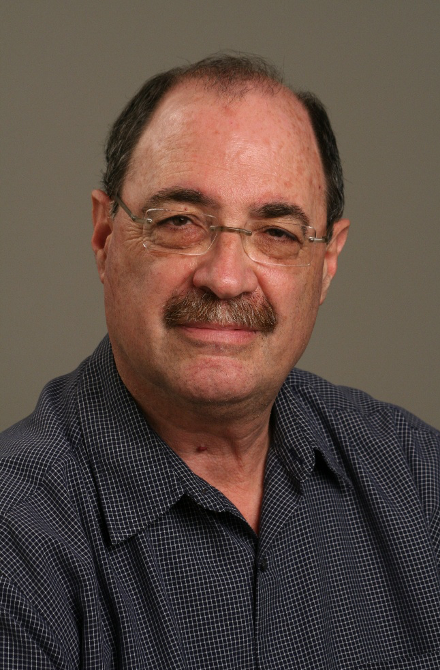
Lars Schaade is President of the Robert Koch Institute since October 2023. From 2011 until March 2023 was the institute’s Vice President, from April until September 2023 acting president. In addition, he is the head of the institute’s Centre for Biological Threats and Special Pathogens since 2010. Prior to joining the Robert Koch Institute, Schaade led the communicable disease unit in the German Federal Ministry of Health from 2007 to 2010 and was an advisor for the same unit from 2002 to 2007.
He has also held positions in science and clinical medicine at the University Göttingen, the Clinical Centre Kassel, and the RWTH Aachen University. Schaade received his doctorate in medicine in 1994. Since 2000, he is board certified for microbiology and infectious disease epidemiology. He was appointed as a university lecturer (Habilitation) for medical microbiology and virology at the RWTH Aachen University in 2003 and as an adjunct professor at the Charité University Medicine Berlin in 2017.
